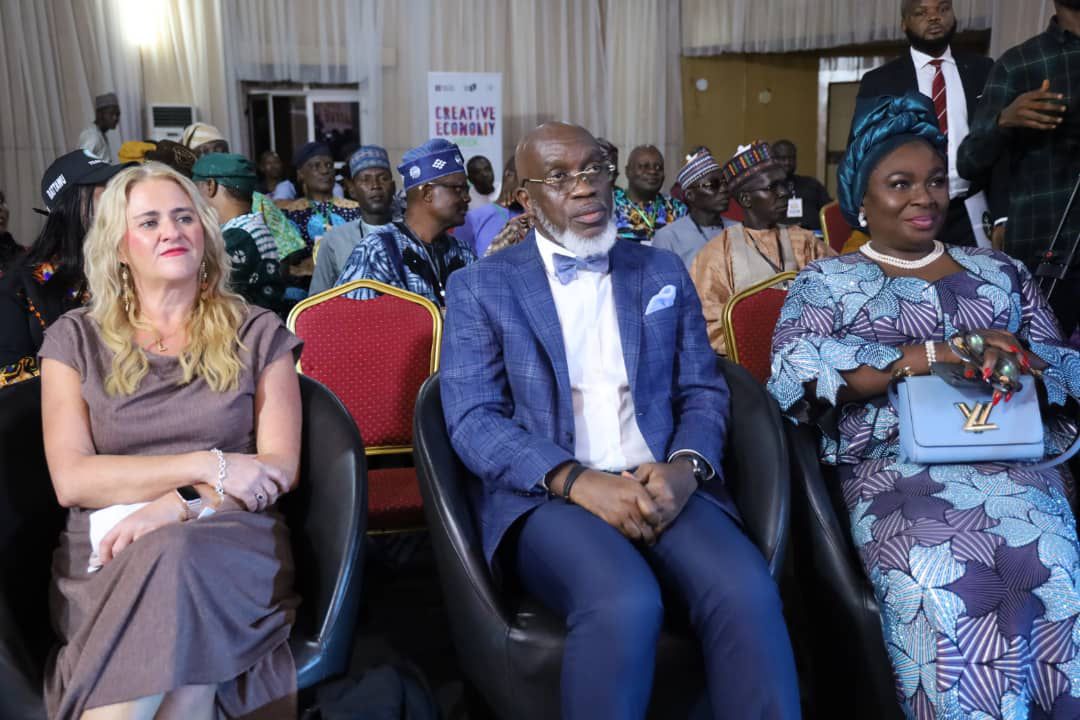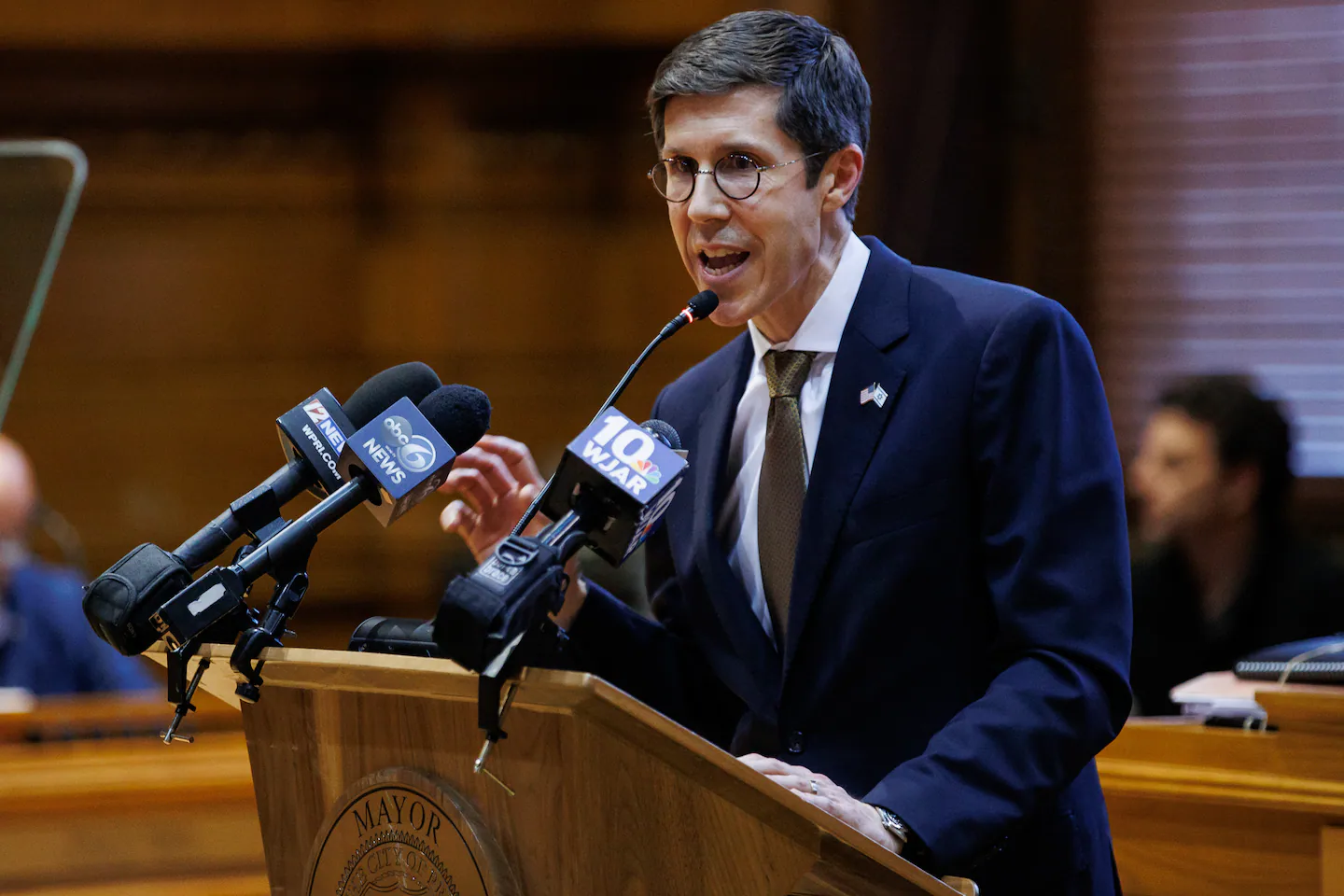
We often hear that artificial intelligence (AI) will change the world, but how often is it being applied in ways that promote equity and empower underserved communities? In contexts like immigration, where a small oversight can lead to significant delays or complications, does AI have the potential to improve both fairness and efficiency?
The application of AI in social justice is not just a futuristic idea; it’s happening right now. One promising area is immigration law, where the process can be intricate and detail-sensitive. Even minor inconsistencies, such as ambiguous job titles or unclear role descriptions, can contribute to delays or additional documentation requests. Thoughtfully applied, technology can help address some of these complexities, offering greater clarity and support to applicants navigating the process.
Mayukh Maitra and Surabhi Sinha, co-founders of TogetherThrive Foundation, are proving that AI can indeed be used to solve real-world problems, particularly in the field of immigration law. Their Profile Evaluator tool, developed to streamline job title classifications, is transforming the way immigration law firms handle complex cases.
The Problem: Complexities in Immigration Law
Immigration law is often a highly complex framework that can sometimes create additional hurdles for applicants, particularly from underrepresented backgrounds. The U.S. immigration process uses the Standard Occupational Classification (SOC) codes. However, these codes can sometimes lead to job misclassifications, varied interpretations, and longer processing times.
“For immigrants seeking to build a new life, these systemic inefficiencies can be difficult”, says Mayukh Maitra, co-founder of TogetherThrive Foundation. “A small mistake in job title classification can mean months of delay or even a denied petition, which can have life-altering consequences.”
For many applicants, delays in the immigration process, especially at the evaluation stage, translate to lost opportunities, financial strain, and uncertainty. In many cases, the process of reworking and resubmitting petitions due to an incorrect initial evaluation creates additional stress for families and employers. However, the Profile Evaluator is changing the game by leveraging AI to address these complexities.
The Solution: AI-Driven Profile Evaluations
The Profile Evaluator is an AI-powered tool developed to automate and standardize the classification of job titles, ensuring that they align with USCIS adjudication standards. The tool uses a BERT-based AI model to analyze job descriptions and match them to the correct SOC codes, removing much of the guesswork and human error that often leads to delays or denials.
The technology has already been in use for over a year at Ascend HSI Advisory Partners, a leading immigration firm with over 40 attorneys across two countries. The firm has processed thousands of cases using the Profile Evaluator, resulting in faster, more predictable outcomes for both attorneys and clients.
“The Profile Evaluator has had a transformative effect on our firm’s ability to manage cases more efficiently at the evaluation stage,” says Vasanthan Ramakrishnan, Founder of Ascend HSI Advisory Partners. “In just one year, we’ve seen an 80% reduction in evaluation processing times and a significant drop in ensuing RFEs in the cases that have been properly classified using the tool. It has allowed us to streamline the petition process, making it smoother and more transparent for both our clients and legal team.
Real-World Impact: Improving Fairness and Efficiency
The success of the Profile Evaluator tool goes beyond just improving efficiency; it’s about creating a fairer system for everyone involved in the immigration process. By using AI to ensure that job classifications are standardized, the tool reduces subjectivity and inconsistency in the adjudication process.
“AI is not just about speeding up processes, it’s about ensuring fairness,” says Surabhi Sinha, co-founder of TogetherThrive. “Our tool is designed to create a more equitable immigration system, one where decisions are based on standardized criteria, not on human error or interpretation.”
For Ascend HSI Advisory Partners, the tool has been a game-changer. Legal professionals at the firm now spend less time evaluating petitions and assigning SOC codes and more time focusing on the legal complexities of cases, improving their ability to serve clients effectively. “The Profile Evaluator has made the process much more predictable,” says Vasanthan Ramakrishnan. “Clients now have greater confidence that their petitions will be processed in a timely and consistent manner, which has been a huge relief for them.”
AI for Social Justice: The Bigger Picture
The work being done by Mayukh and Surabhi is part of a broader movement to apply AI to solve pressing social issues. From healthcare to education to legal empowerment, AI has the potential to level the playing field for marginalized communities by enhancing access to resources and promoting fairness in decision-making.
In immigration law, AI tools like the Profile Evaluator are just the beginning. As technology continues to advance, there is immense potential to use AI to streamline legal processes further, reduce biases, and make complex systems more accessible and efficient. The goal is not just to improve processing times, but to make the system more just and equitable for all.
Conclusion: The Promise of AI for Social Good
Mayukh Maitra and Surabhi Sinha’s work with the Profile Evaluator tool demonstrates that AI can indeed be a force for good. By applying AI to solve real-world problems in immigration law, they are not just optimizing a process; they’re making it more fair, transparent, and accessible for everyone.
As AI continues to be integrated into various sectors, the work of TogetherThrive Foundation proves that technology has the power to create lasting social change. With their ongoing efforts to improve AI tools and expand their impact, Mayukh and Surabhi are leading the charge in proving that AI can, and should, be used for justice, fairness, and empowerment for all.



